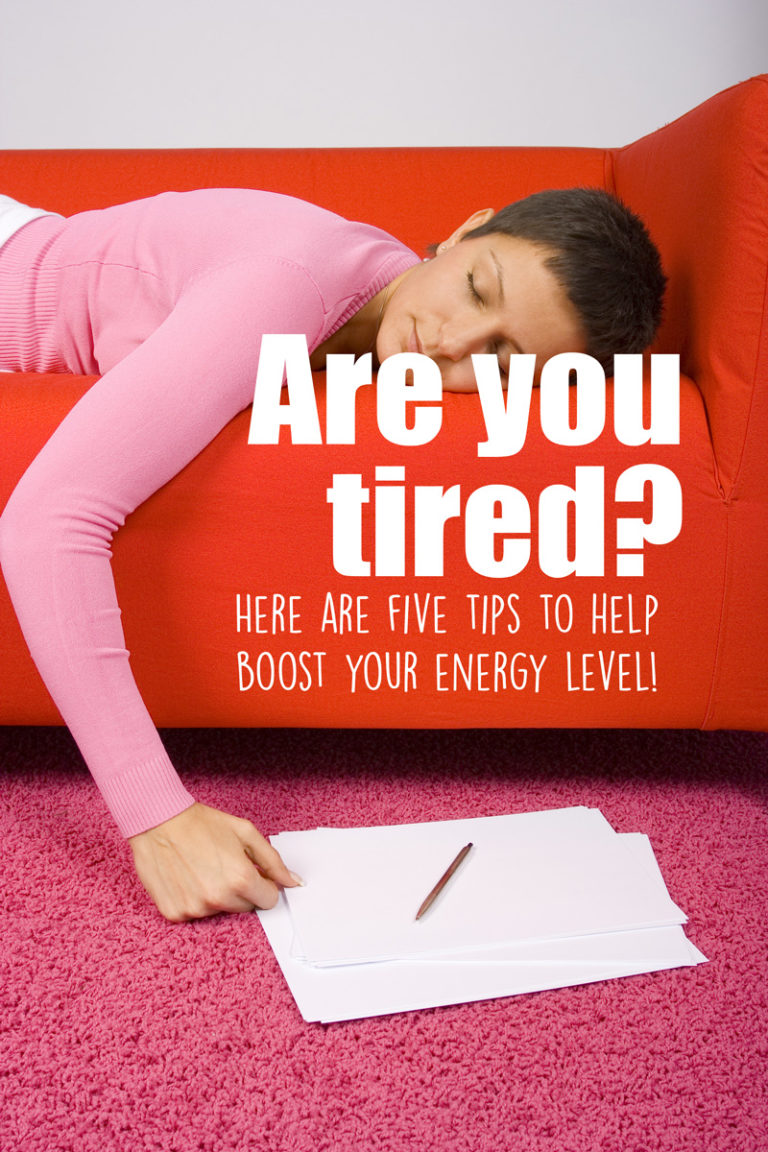7 vital things to consider when buying your first home
The Bold Abode is a participant in the Amazon Services LLC Associates Program, an affiliate advertising program designed to provide a means for sites to earn advertising fees by advertising and linking to amazon.com as well as other affiliate networks.
We were late bloomers when it comes to home buying, I think. We were 36 when we bought our first house. And now that we’ve sold our first home, I look back on the experience with a rollercoaster of emotions.

I loved our little cape code and did my best to make it a one of a kind home filled with fun and interesting decor. We basically raised our two boys there. Morgan was 10, and Brendan was 4 when we moved in. We lived, loved, fought, cried and laughed there.
We lost our puppy HotShot there.

We could walk to the neighborhood pool for fun times and swim meets.

We had lovely sidewalks and street lights that allowed for after dinner walks and morning runs.
We had good friends who were also neighbors there. We had a brilliant, albeit small hill behind us perfect for winter sledding.
It was a picturesque life. It was beautiful.






BUT it was also hard. It was a burden. From the start we had issues. We had an ice dam our first winter and the melting frozen sheets trickled down the moody blue walls into our hardwood floors creating a disaster area. We spent a week with fans and dehumidifiers and then the ripping up and laying down of flooring.
Then our first January, our electric bill was $400. Shocking. After some inspection, we found that the insulation company failed to put insulation above the boys bedrooms. Holy cow. Fortunately they made it right and blew insulation up there and the bills equalized.
We had to fix the garage door about year 7. It wasn’t a costly fix, but a bit of an annoyance waiting for them to come. Parking out back and having to walk around to the side door.
I could keep going, but why bother? You get the idea.
We encountered so many unexpected issues that we never had to deal with as renters. No matter how smart we thought we were, we really were never prepared for the issues when they cropped up.
Mentally or financially.
We thought we were going to be OK when we sat down and did our budget before we signed the contract, but we weren’t.
So, as I reflect, I thought I’d share some things for all the first home buyers out there! Not to scare you off from buying your first home, but to help educate you so that you don’t run into the same stressful situation that we found ourselves in.
7 vital things to consider when buying your first home

1. Your budget.
This is THE FIRST thing you have to set in stone. If you think 200K is the absolute most you want to pay, don’t even consider going over it. Set a HARD LINE and be patient.
This is where we faltered. Big time. We felt like 180K was where we needed to be given our savings. But when we got our pre-approval, the lender said we could go up to 250K given our lack of debt and our funds available for down payment.
ha. freaking. ha.
So when our realtor learned of our bank’s approval, all she would show us were homes right around that price point. It was hard. The area where we wanted to live was a higher cost of living, especially from rural GA where we were moving from so we rationalized that when we shouldn’t have.
And then there was the housing crash. This was spring of 2009 and the builders and realtors here were still operating on the tail of the boom. So though we bought a home that initially was offered way above where we landed, we were still out of our comfort zone.
So when you are thinking budget… you decide based on your current finances and comfort level. DO NOT go based on how much the bank will lend you. That will destroy your household budget.
2. Your downpayment
Best case scenario? 20% down. That will get you out of having to pay Private Mortgage Insurance. Your lender will require you to pay Private mortgage insurance or PMI if you don’t have 20% down. That added $150 to our monthly payment. ugh.
I’m not saying not to buy a house if you don’t have 20% down, but the more you have down, the less your PMI will be.
3. Your Monthly Payment
Obviously, you’re considering your monthly payment when you set your budget. But there’s more to consider than just what your loan will be.
You have to add in PMI if you don’t have 20% down along with taxes and home owner’s insurance. So that $1200 monthly loan payment that your lender quotes you might fit nicely in your budget. But when you get that long sheet of paper and suddenly your draft turns from a reasonable amount to almost $1600/month, you might wish you had done your homework! ouch.
So make sure you get all the little details from your lender before you start your search.
How much are property taxes? How much is insurance on a home of this amount? Do your due diligence so you aren’t surprised when you go to sign the loan docs!
4. The type and length of your loan
Loans are either fixed rate over a period of 15 or 30 years. But there is also an adjustable rate mortgage (ARM) that might have a lower interest rate. The ARM is usually 5 or 7 years, but don’t be fooled. If you plan to stay in your home then you’d have to refinance and interest rates might be considerably higher. Plus you know what happens to the “best laid plans”, right?
So consider seriously opting for a fixed rate loan. That way in 5-10 years there will be no surprises.
Now I’m not saying that refinancing along the way is a bad idea. We refied a year before we sold and it saved our buts. Yes, we probably lost a couple of thousand dollars in equity for selling so soon, but otherwise we would literally not have been able to pay our bills.
Ergo, the butt saving.
5. Location
Where do you want to live? The more desirable areas are just going to be more expensive. But you have to consider the differences as well.
Are public schools really important to you or are you going to send your kids to private schools. Even if you don’t have kids, and you’re young, you want to consider this in case you end up having to stay in your first home longer than you thought.
We were homeschooling but were encouraged to buy where we did because of the schools. We looked at other areas with lower priced homes, (which had higher city taxes, though) but opted to go with what we bought just in case we ever decided to put the boys in public school, which we eventually did.
6. Your Bills
One area where we were taken aback was our bills. Our water bill was astronomical. Now considering we were paying $9/month in a small GA town, we realized this was waaaaay below normal, but we were not expecting to pay over $100/month. We figured it would be a more, but we didn’t ask.
Big mistake.
Everything was more here. And we just weren’t prepared.
So next time we will be. We will find our every last little detail before we make a decision. And so should you.
7. Your savings after your downpayment.
Everybody talks about how much to put down on a house, but I don’t hear anyone really talking about what you have left after your downpayment.
We put the majority of our savings into our home. Womp. Womp. We did this because our realtor encouraged us to do so because we were going to qualify for a large first time home buyers tax credit.
However, because we were naive about our real cost of living expenses, we quickly burned through that money and were left living paycheck to paycheck. When my blog took off and I started making money, it helped to plug the leak, but instead of throwing all that money into a savings account, we used it to pay bills and fund activities for our children that we had not been able to do since we moved.
But then my blog crashed when Pinterest changed its algorithm. And things went from tight to disastrous.
Now I don’t tell you this so you’ll feel sorry for us. We’re doing so much better now. And I’m sharing it so you can make sure you still have plenty of savings for an emergency fund.
What are we doing different now?
- We are renting again for the foreseeable future.
- We are saving consistently every month and building up at least 3 months of an emergency fund, preferably 6.
- After our emergency fund is funded, we’ll max our our retirement savings and then start saving a down payment for a house.
- We’ll buy a modest house with at least 10% down. I’d prefer 15-20%, but if we can find a lower priced house and put it on a 15 year mortgage, then we’ll be out of PMI pretty quickly.
- We will NOT be mesmerized or entranced by stone countertops or marble tile. Yes, I dream of white quartz and subway tile, but I will not let my wants outweigh our financial needs. Besides, I love to DIY. And besides, we are renting a really nice apartment with plank vinyl flooring in the main areas, carpet in the bedrooms, laminate kitchen counters and vinyl sheet tile-look flooring in the bathrooms. And ya know what? SOOOOO much easier to clean. Like it’s ridiculous. (except the shower. that’s still a pain.)
Those are the 7 things I will be sure to take into consideration when we buy our next home. And we’ll only do it when we are ready.
Renting may feel like you’re throwing your money away, but if you can find a nice place to rent that will still allow you to save consistently every month, you’ll thank yourself in the long run. Of course, buying a house and paying it off the goal.
One last tip – if you are buying this home for yourself and not to flip or anything, (which is super risky way to invest for the average Joe) DO NOT consider it being a good investment. Real estate might be a great way to invest sometimes, but, again, it’s risky. One of the ways we rationalized buying that particular home was that it was in a beautiful neighborhood and would be a good investment.
Now we were lucky and did sell for more than we paid for it. But MANY of our neighbors were not so lucky and sold for either less or exactly what they bought it for. So just don’t let that be a big part of your equation.
I hope that what we learned buying our first home will help you along in your first home buying experience. Don’t worry, we’re in a great place right now (although we unfortunately learned some good lessons the hard way) but the result is that we are much wiser and plan to never make those mistakes again!
Happy home buying!
xoxo
Gwen





